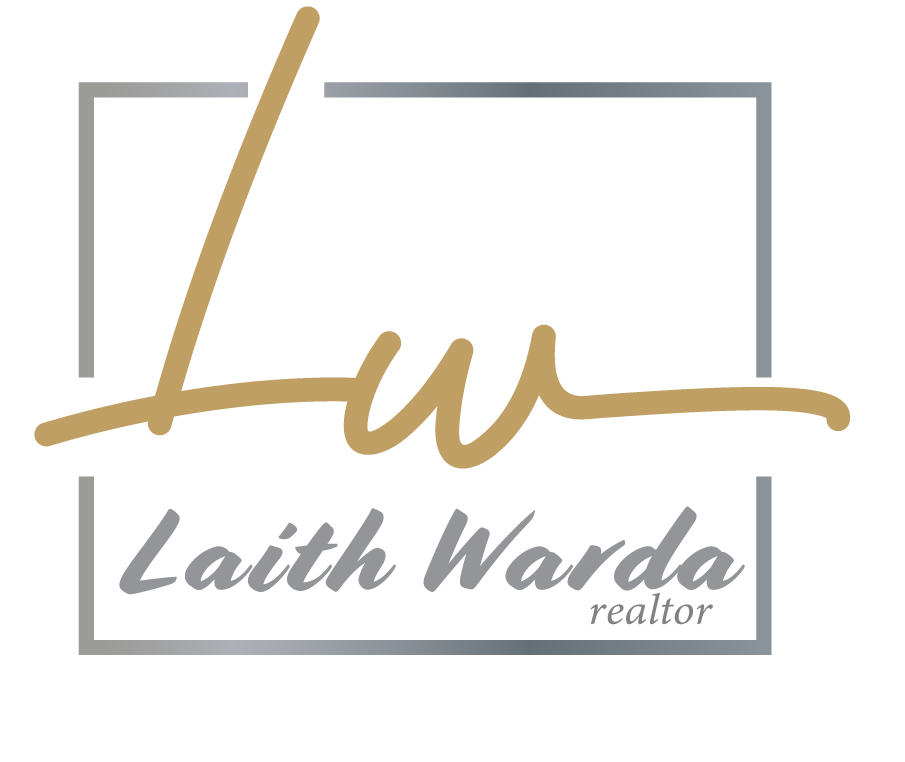Buying a house is a significant decision that involves careful consideration of various factors. One of the most crucial aspects to contemplate is the amount of money you should spend on your new home. While it’s tempting to dream big and imagine living in your dream house, it’s essential to strike a balance between your desires and financial realities. In this blog post, we’ll discuss some key factors to help you determine how much you should genuinely spend on a house.
Understanding Your Financial Situation:
Before diving into the world of house hunting, it’s crucial to assess your current financial situation. Take a close look at your income, savings, and existing debts. Evaluate your monthly budget to identify how much you can comfortably allocate toward housing expenses without compromising your other financial obligations. Remember that buying a house entails more than just the mortgage payment; you’ll also need to consider property taxes, insurance, maintenance costs, and potential renovations.
Consider Your Long-Term Goals:
Your house-buying decision should align with your long-term goals and aspirations. Are you planning to start a family? Do you anticipate a change in income or career in the coming years? Reflect on your future plans and how they may impact your housing needs and financial stability. Buying a home that provides room for growth and flexibility can be a wise investment, rather than overspending on a property that might strain your finances in the long run.
Evaluate the Local Real Estate Market:
Real estate markets vary significantly depending on location. Research the housing market in the area you’re interested in to gain insight into current property prices and trends. Determine whether the market favors buyers or sellers, as this can influence the overall cost of homes. Additionally, consider the potential for property value appreciation in the future, as this can impact your financial investment.
Mortgage Affordability and Pre-Approval:
Getting pre-approved for a mortgage is a crucial step in determining your house budget. Consult with lenders to understand the amount you can borrow based on your income, credit score, and other financial factors. Keep in mind that just because you’re approved for a particular loan amount doesn’t mean you have to spend the maximum. Be cautious and consider your comfort level with the monthly mortgage payments.
The 28/36 Rule:
A commonly used guideline to determine an affordable house budget is the 28/36 rule. This rule suggests that your monthly housing expenses (including mortgage, property taxes, and insurance) should not exceed 28% of your gross monthly income. Additionally, your total debt-to-income ratio (including housing expenses, credit card payments, student loans, etc.) should not exceed 36% of your gross monthly income. Adhering to this rule can help you avoid overextending yourself financially.
Consider the Down Payment:
Saving for a down payment is an essential part of buying a house. A larger down payment can reduce your mortgage amount, and monthly payments, and even potentially eliminate the need for private mortgage insurance (PMI). Consider your savings and determine a realistic down payment amount based on your financial capabilities.
 Conclusion:
Conclusion:
Deciding how much to spend on a house is a highly personal and complex decision. It requires a careful evaluation of your financial situation, long-term goals, and market conditions. By understanding your finances, consulting with lenders, and considering various factors, you can determine a house budget that aligns with your needs and ensures your long-term financial stability. Remember, it’s better to be conservative and choose a home that you can comfortably afford rather than overstretching your finances for a larger, more extravagant house. Happy house hunting!



